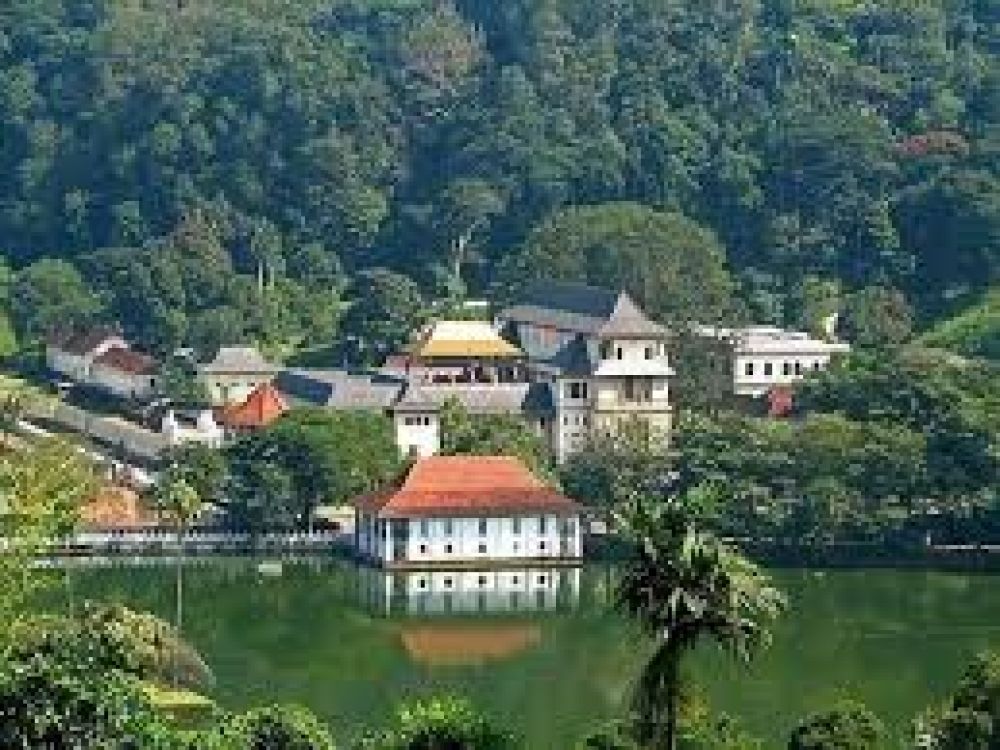

Kandy, located in the central province of Sri Lanka, is a city steeped in history and culture. Known for its scenic beauty and rich heritage, Kandy has long been a magnet for travelers from around the world. The foundations of tourism in Kandy can be traced back to the era of the Kandyan Kingdom, the last independent monarchy of Sri Lanka, which fell to the British in 1815. Early visitors were enchanted by its mist-shrouded hills, lush forests, and the placid Kandy Lake, setting the stage for a burgeoning tourism sector.
One of Kandy's most pivotal tourist attractions is the Temple of the Sacred Tooth Relic (Sri Dalada Maligawa). Believed to house the tooth of the Buddha, this temple has been a focal point for both Buddhist pilgrims and culture-seeking tourists for centuries. The annual Esala Perahera, a grand festival featuring dancers, drummers, and elephants adorned in vibrant attire, has become a major draw for international visitors, significantly boosting Kandy's visibility as a tourist destination.
In 1988, Kandy was designated a UNESCO World Heritage Site, recognizing the town's exceptional cultural and historical value. This accolade further elevated Kandy's status on the global stage, attracting a growing number of cultural enthusiasts keen on exploring its colonial architecture, traditional arts, and the verdant Royal Botanical Gardens at Peradeniya.
In recent years, tourism trends in Kandy have evolved. There has been an increase in demand for eco-tourism and sustainable travel experiences. Tourists are now more inclined towards understanding the local culture, customs, and conservation efforts. Adventures in nearby tea plantations, hikes in the Knuckles Mountain Range, and visits to elephant sanctuaries reflect a shift towards more responsible and enriching travel experiences.
The city has also seen a surge in boutique accommodations and luxury hotels, providing more options for discerning travelers seeking comfort alongside cultural immersion. Furthermore, to address the growing international audience, Kandy has invested in infrastructure developments, such as improving road access and public facilities, making it more accessible and tourist-friendly.
Kandy's tourism has not been immune to global challenges, such as the 2019 Easter Sunday attacks and the COVID-19 pandemic, which have impacted visitor numbers. However, the resilience of Kandy's tourism sector is evident as it continues to adapt, focusing on safety protocols and innovative ways to welcome back travelers.
As tourism gradually recovers, Kandy remains poised to offer an array of experiences that encapsulate the heart and soul of Sri Lanka's rich heritage. From its historical splendor to contemporary allure, Kandy continues to beckon travelers from around the globe, promising an unforgettable journey into the island's majestic past and vibrant present.